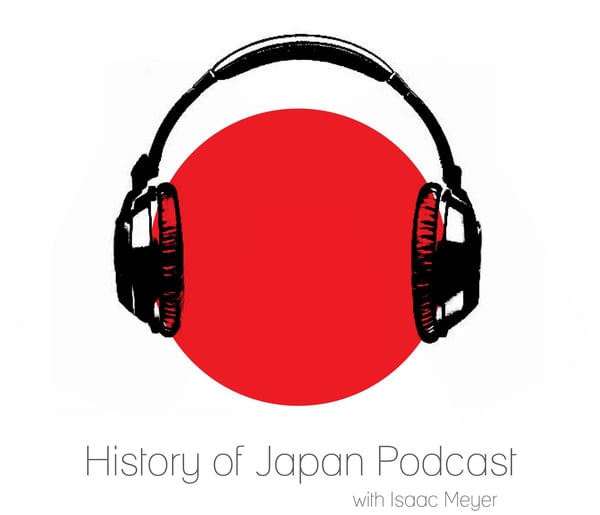Episode 199 - Fist of Legend, Part 6
History of Japan
Isaac Meyer
4.8 • 744 Ratings
🗓️ 24 June 2017
⏱️ 31 minutes
🧾️ Download transcript
Summary
In which we bring things to a close by considering the fall of the Butokukai, the spread of budo beyond Japan, the role of martial arts in the African-American community, the question of Olympic sport status, and the challenge of the UFC. It's gonna be a busy week.
Transcript
Click on a timestamp to play from that location
| 0:00.0 | Thank you. Hello and welcome to the History of Japan podcast, episode 199, Fist of Legend, part six. |
| 0:48.8 | Way back in the second episode of this series, which I suppose is not that long ago, four episodes is not that |
| 0:55.5 | long a time, I said that the three biggest moments of change in Japanese history are the Taika |
| 1:01.2 | reforms of 645 CE, the Meiji Restoration, and the American Occupation. We've now arrived |
| 1:08.8 | the third of these great shifts in the Japanese landscape. |
| 1:12.6 | The Americans have come to town, and they're convinced that they know what's right for all involved. |
| 1:18.6 | Remember that the initial American mission in Japan was twofold, democratize and demilitarize the country. |
| 1:26.6 | That meant dismantling not only Japan's actual war potential, democratize and demilitarize the country. |
| 1:34.2 | That meant dismantling not only Japan's actual war potential, tanks, fighters, warships, what have you, |
| 1:41.2 | but dismantling the psychological infrastructure that had driven the Japanese to accept war in the first place. |
| 1:46.9 | Patriotic education in schools, propaganda, secret police, emperor veneration more generally, and so on. So when the Americans came to town and saw a bunch of wartime |
| 1:54.0 | propaganda from the Bhutoku Kai about the close association between the martial arts and the military, |
| 1:59.9 | about how Budo were designed to provide the |
| 2:02.6 | psychological and physical education of the emperor's soldiers. Well, they took the organization |
| 2:08.6 | at its word. The Bhutoku Kai was clearly a part of the apparatus of Japan's military state, |
| 2:15.3 | and as such, it would have to go. Funnily enough, the Bhutoku Kai was actually a relatively weak organization by the 1940s. |
| 2:25.3 | While it had championed the standardization of martial arts curricula across Japan and the incorporation of Budo into the school system, |
| 2:33.3 | that mission was more or less |
| 2:35.5 | complete by the 1920s. After that point, the Bukukai found itself with less and less to do, |
| 2:43.1 | and the organization was hindered by mismanagement after the government split control over it |
| 2:48.3 | between six different and competing government ministries. |
| 2:53.1 | However, Bhutoku Kai propaganda meant that the organization had one final, massive, shared impact |
... |
Please login to see the full transcript.
Disclaimer: The podcast and artwork embedded on this page are from Isaac Meyer, and are the property of its owner and not affiliated with or endorsed by Tapesearch.
Generated transcripts are the property of Isaac Meyer and are distributed freely under the Fair Use doctrine. Transcripts generated by Tapesearch are not guaranteed to be accurate.
Copyright © Tapesearch 2025.

